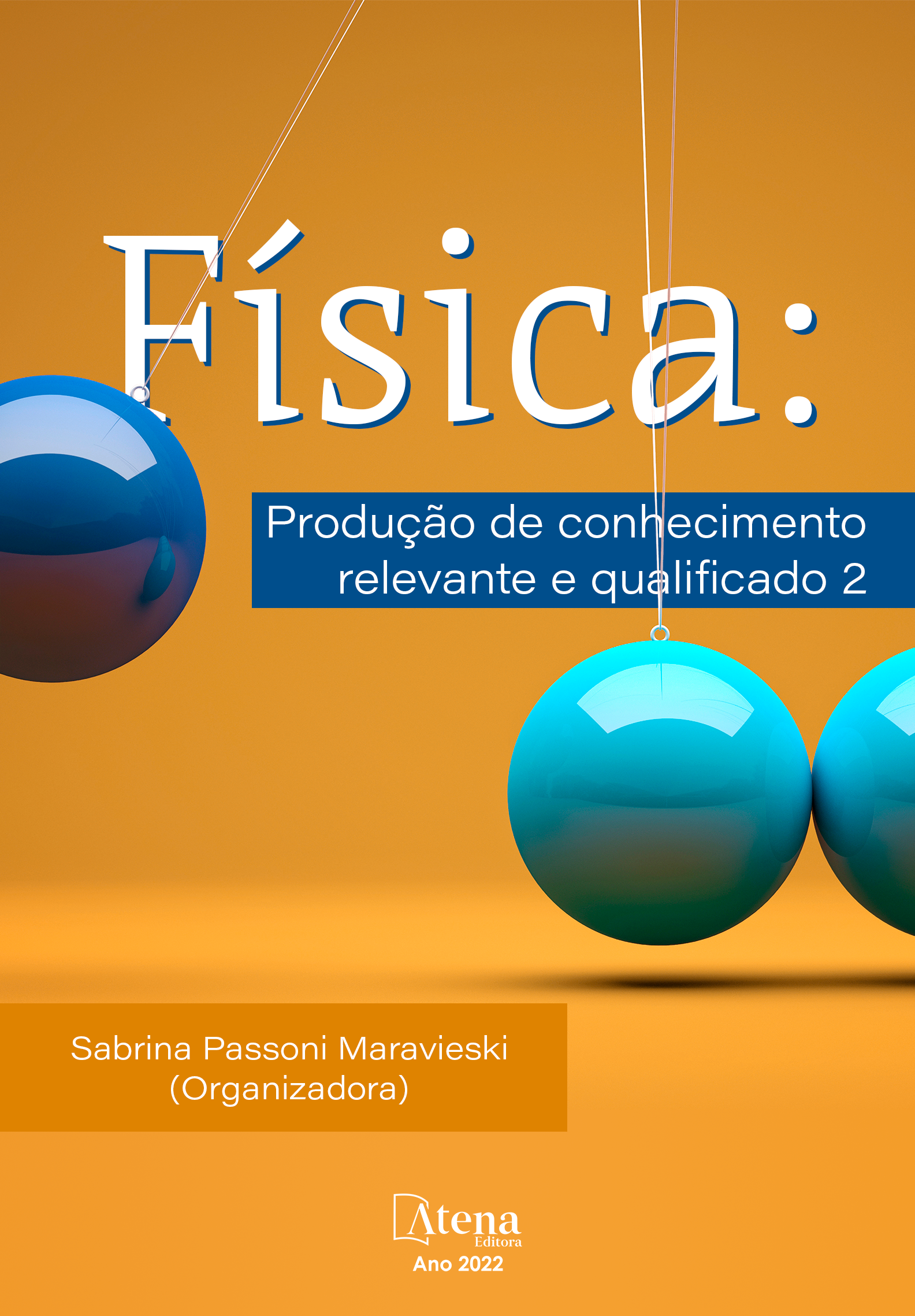
DEBRIS ESPACIAIS: PROJETO DE CATALOGAÇÃO, MONITORAMENTO E EXPLORAÇÃO PARA FINS EDUCACIONAIS
“Com o lançamento do primeiro satélite artificial, o soviético Sputnik I, em 04 de outubro de 1957, o espaço passou a ser a nova fronteira da humanidade. Entretanto, um dos problemas que não foram considerados à época e em períodos posteriores relaciona- se à poluição do ambiente espacial próximo à Terra, com inúmeros satélites desativados e outros detritos denominados de debris espaciais. O 'lixo espacial' transformou-se em crescente ameaça para a operação de satélites ativos, para a Estação Espacial Internacional, aos telescópios espaciais e demais veículos espaciais, além de colocar em risco as rotas aéreas e populações quando das suas reentradas na atmosfera e por quedas em solo” (Ferreira e Voelzke, 2016). O presente projeto objetiva inicialmente observar os debris espaciais, catalogá-los e monitorá-los; numa segunda fase, realizar a transferência e a transposição do conhecimento científico e técnico, obtido durante as observações e análise dos dados, para os professores e estudantes numa linguagem acessível aos mesmos sem perda da qualidade conceitual.
DEBRIS ESPACIAIS: PROJETO DE CATALOGAÇÃO, MONITORAMENTO E EXPLORAÇÃO PARA FINS EDUCACIONAIS
-
DOI: 10.22533/at.ed.3572224064
-
Palavras-chave: Debris espaciais, Ensino de Astronomia
-
Keywords: Space debris, astronomy teaching
-
Abstract:
"With the launch of the first artificial satellite, Soviet Sputnik I, on October 4, 1957, the space became the new frontier of humanity. However, one of the problems that were not considered at the time and in later periods relates to the pollution of the spatial environment near the land, with numerous disabled satellites and other debris called spatial debris. The 'spatial waste' became growing threat to the operation of active satellites, for the international spatial station, spatial telescopes and other spatial vehicles, as well as putting air routes and populations when re-entered into the atmosphere and falls in soil "(Ferreira and Voelzke, 2016). The present project initially observes spatial debris, cataloging them and monitoring them; In a second phase, carry out the transfer and transposition of scientific and technical knowledge, obtained during the observations and analysis of the data, for teachers and students in a language accessible to them without loss of conceptual quality.
-
Número de páginas: 16
- Orlando Ferreira Rodrigues
- Marcos Voelzke


